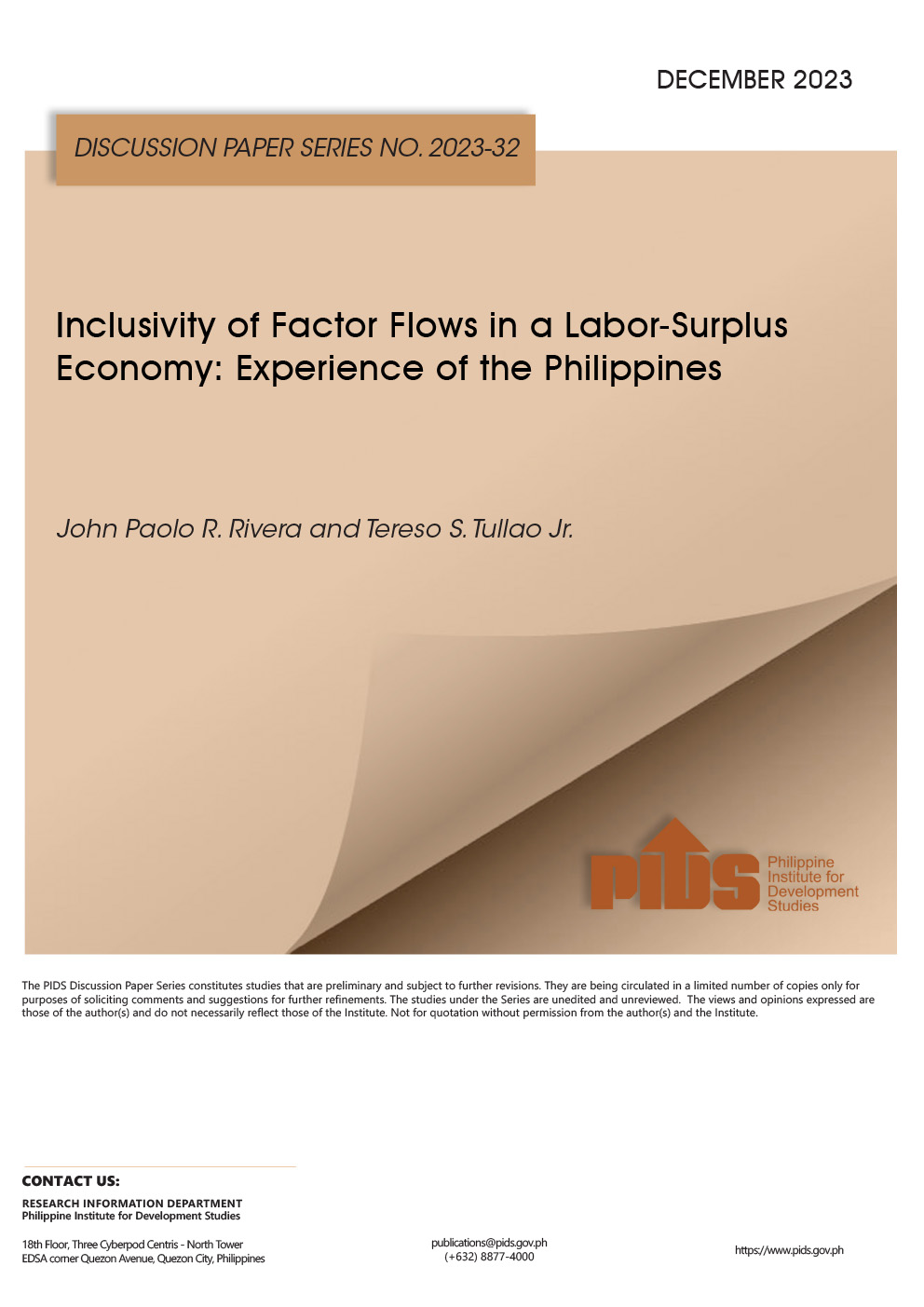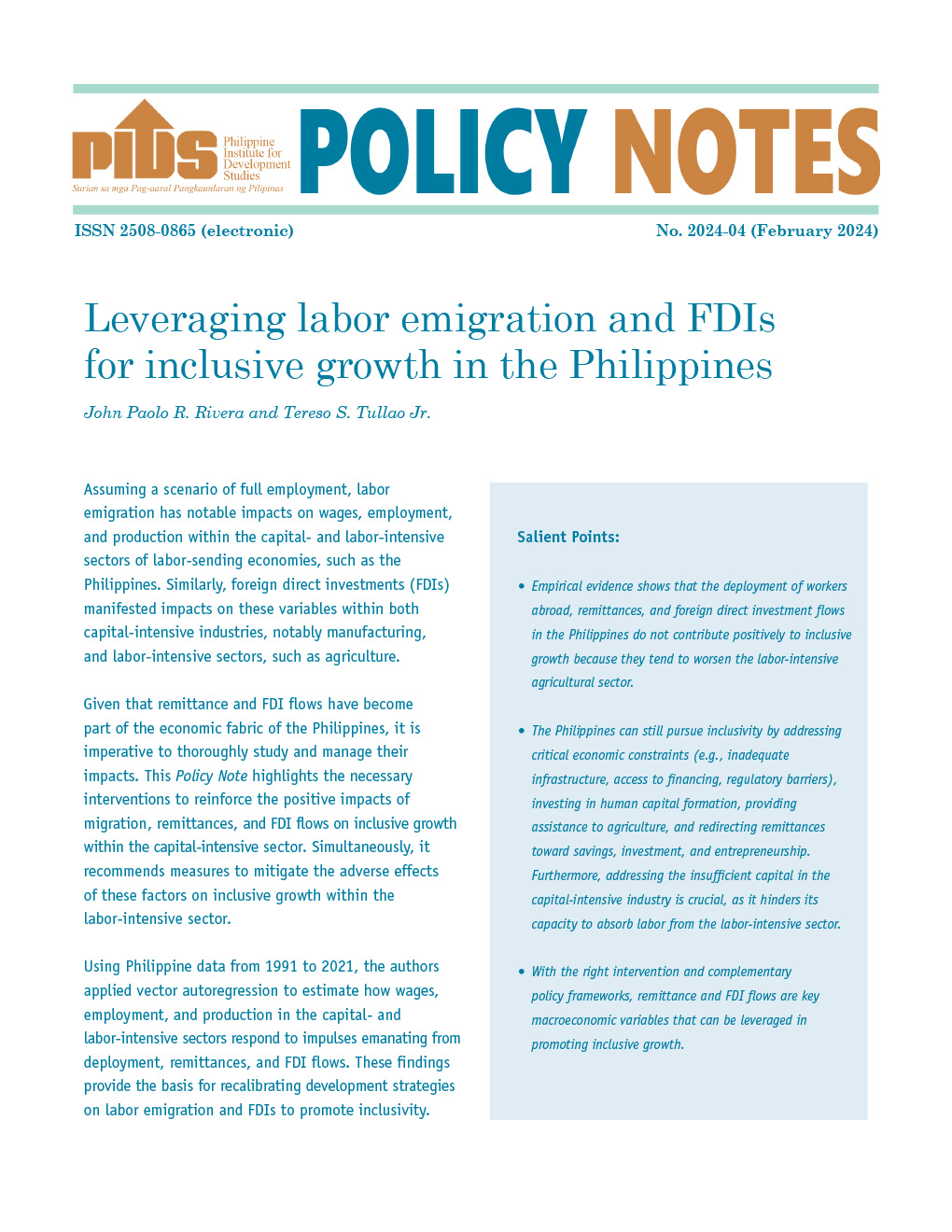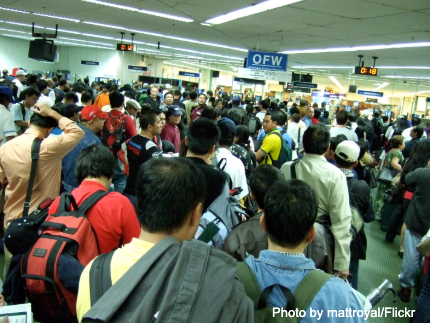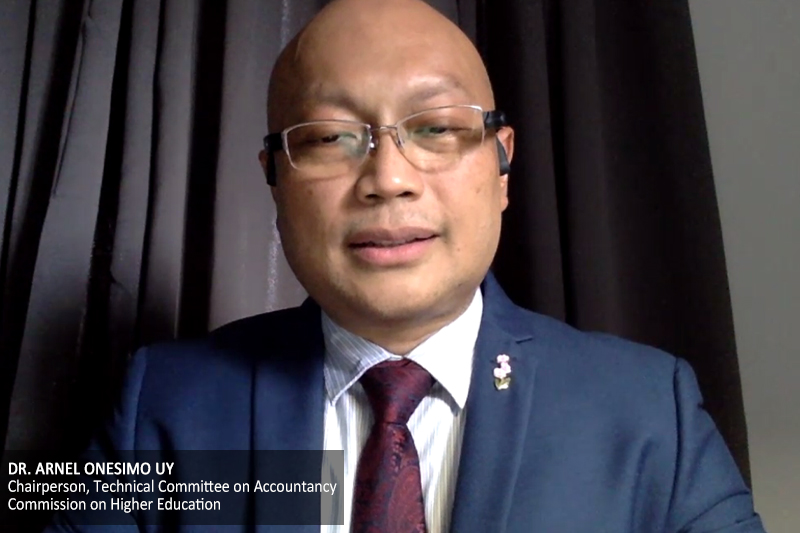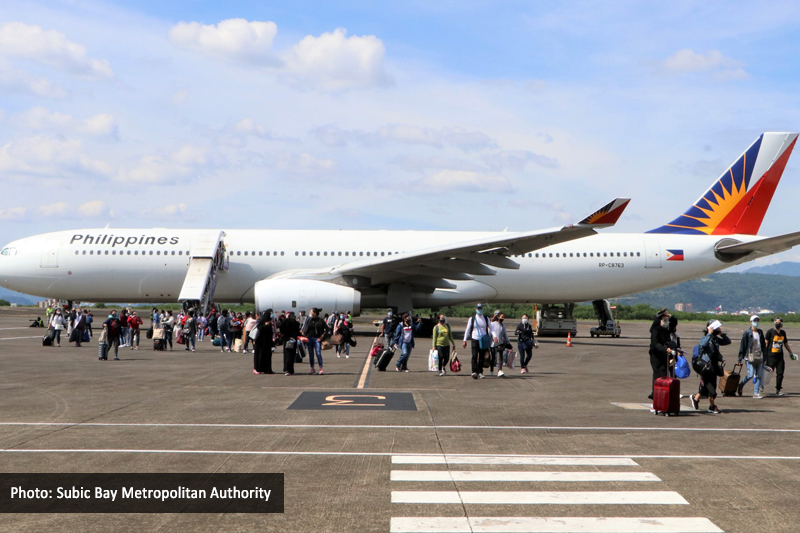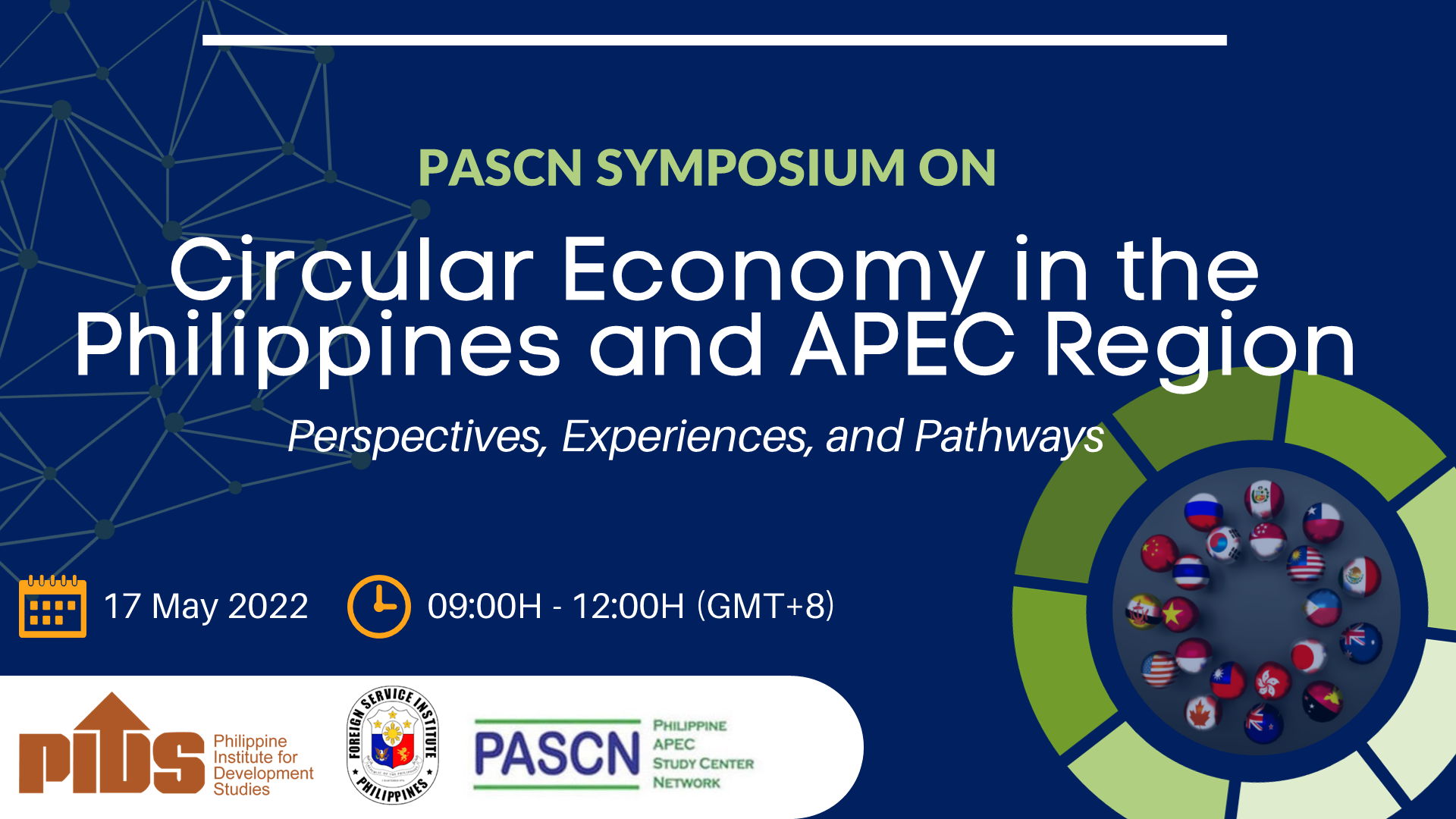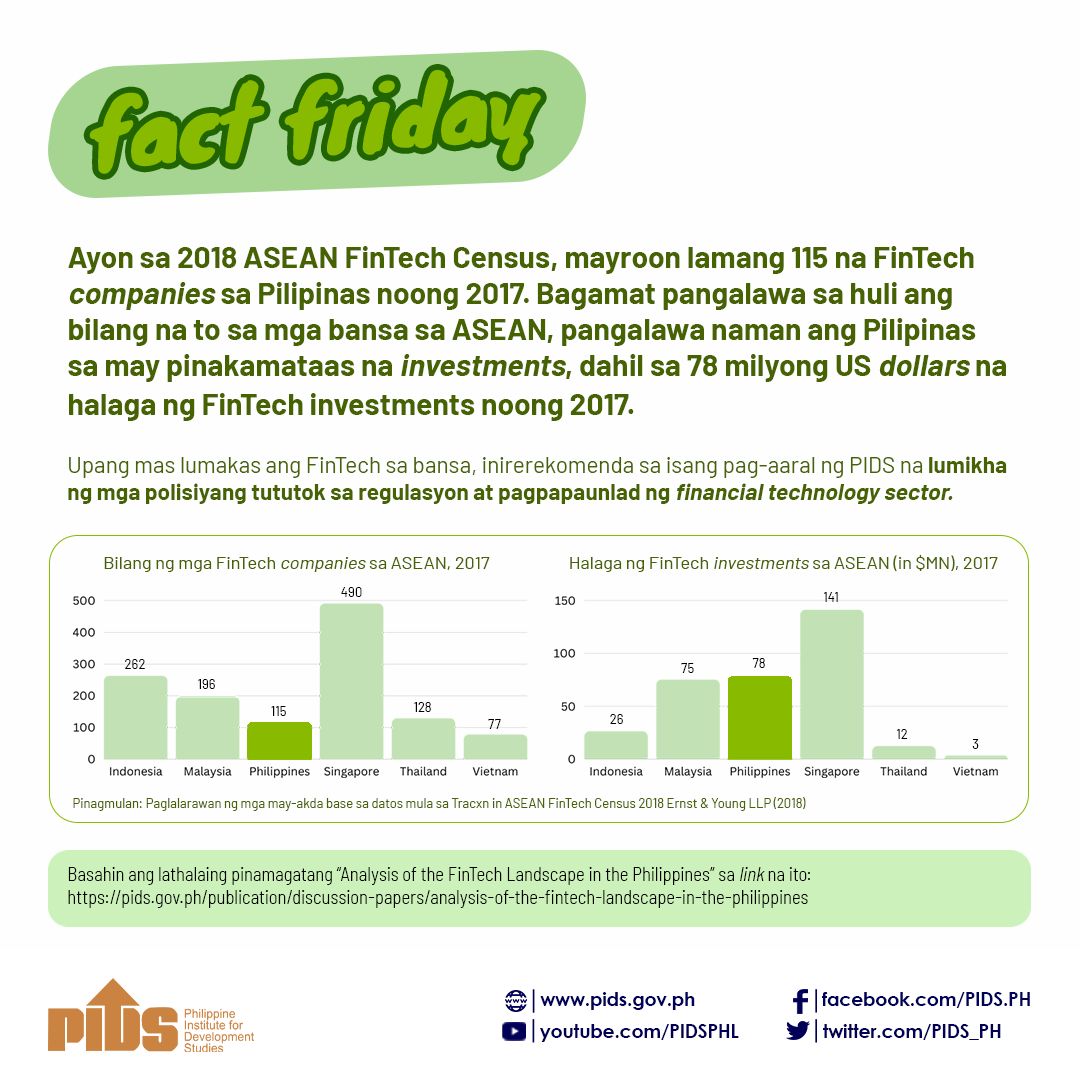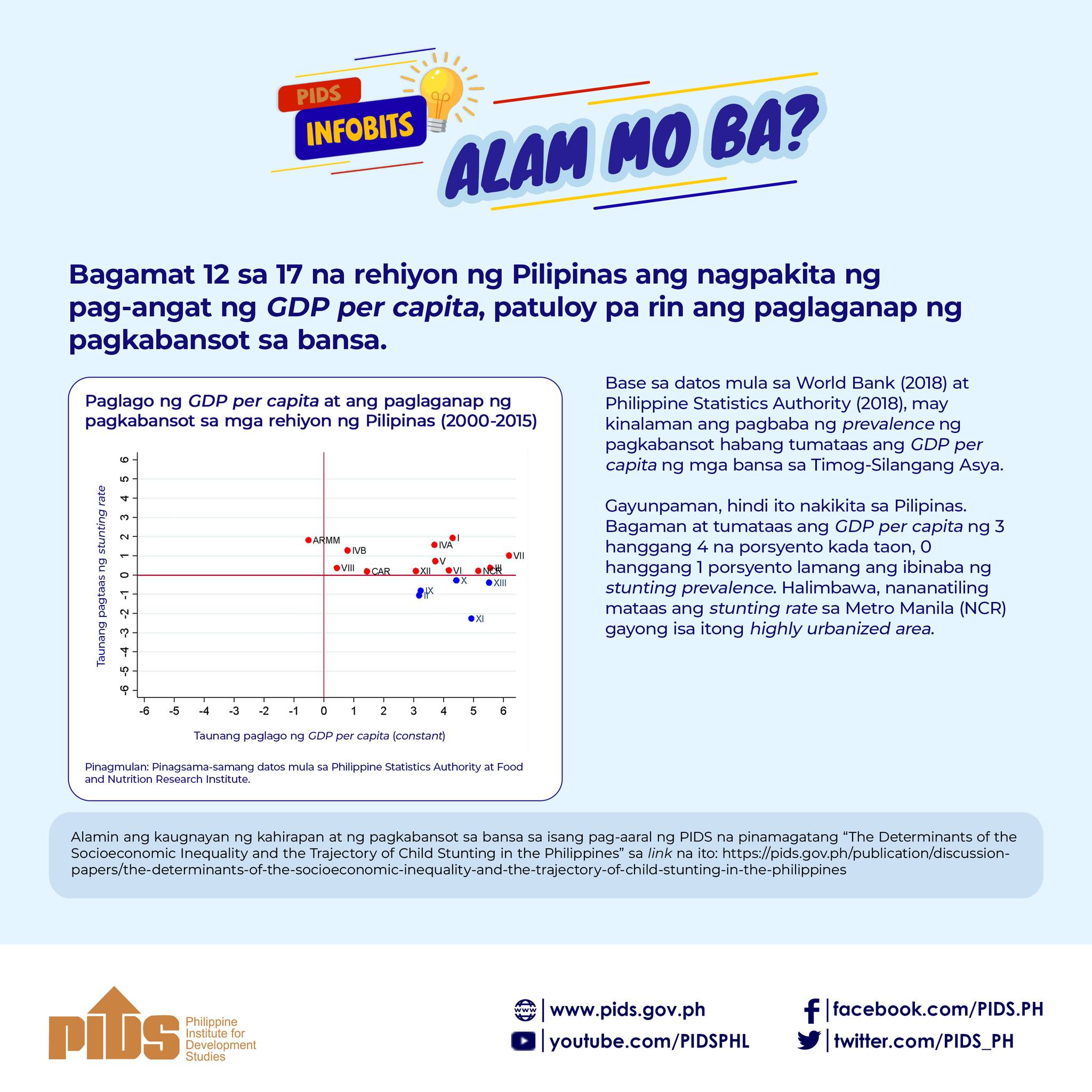
Filipino professionals in accountancy, medicine, architecture, engineering, and tourism can successfully compete in the Association of Southeast Asian Nations (ASEAN) labor market. However, a recent paper by the Philippine Institute for Development Studies (PIDS) emphasizes the importance of continuous learning and highlights research and development (R&D) as crucial tools for Filipino professionals to stay ahead of the curve in their respective fields. This focus on lifelong learning will be essential for navigating the dynamic ASEAN job market.
The PIDS study titled “Assessing the Readiness of Filipino MRA-supported Professions To Participate in the Mobility of Skilled Labor in the ASEAN Region: Lessons for APEC Economies”, was presented in a recent PIDS public webinar by OIC-Executive Director Asian Institute of Management - Dr. Andrew L. Tan Center for Tourism Dr. John Paolo Rivera, one of the authors of the study. It explores the potential of Mutual Recognition Arrangements (MRAs) as bridges between ASEAN countries, recognizing qualifications and licenses.
“MRAs are established frameworks aimed at liberalizing and facilitating the mobility of skilled labor and professionals within the region,” Rivera explained. MRAs operate within the ASEAN region, striving to establish uniform standards and qualifications for professionals. In the Philippines, meeting specific qualifications can enable a professional to pursue opportunities in another ASEAN member economy where the MRA is in effect.
It was clarified that in terms of education, curriculum, training, assessment, examination, accreditation, certification, and licensing, Filipino professionals are well-prepared. However, preparedness must be ongoing, thus, there is a need to consistently enhance and refine education, particularly in professional degree programs. This enhancement should encompass not only continuing professional development but also research and publication since these help us find new ways of doing things.
The study emphasizes the need to transform Continuing Professional Development (CPD) programs to move beyond mere compliance and provide professionals with the contemporary skills and knowledge essential for thriving in the ever-changing ASEAN job market. This transition calls for an emphasis on research, critical thinking, and the capacity to adjust to evolving industry norms.
Ensuring that Philippine educational programs meet and exceed regional benchmarks requires collaboration between various stakeholders. Regulators, professional organizations, and higher education institutions must work together to strengthen program design, delivery methods, and quality control across professional degree programs.
The authors further claim that benchmarking with partner economies in ASEAN allows for the continuous improvement of educational standards, ensuring Filipino graduates are equipped with the necessary skills to thrive in the regional marketplace. “A coming together of regulators and professional organizations should complement the discussion of higher educational institutions so that together they can strengthen program design, delivery quality control of professional degree programs,” Rivera stated.
Commissioner Aldrin Darilag, representing the Commission on Higher Education (CHED) at the webinar, concurred with the study’s call for collaboration. He acknowledged the need to refine policy frameworks, governance structures, and institutional mechanisms to support lifelong learning.
Highlighting the National Institute for Lifelong Education of Korea as a model, Commissioner Darilag emphasized the significance of establishing robust lifelong learning frameworks in the Philippines. He mentioned that Senate Bill 2387, the Lifelong Learning Development Framework Act, supports the career growth of educators by providing them with additional qualifications and ongoing learning opportunities. The bill also aims to empower local government units in the implementation by establishing community learning centers.
R&D plays a vital role in knowledge creation and innovation, the cornerstones of long-term professional development. By investing in R&D, the Philippines empowers its professionals to stay ahead of the curve. Lack of robust research could hinder the country’s ability to keep pace with the international labor market’s evolving demands.
“We need to accumulate research and development to stimulate technological development, generate patents, introduce innovations, drive economies of scale and create new approaches, new methodologies that upgrade the practice of professions,” Rivera stressed.
Watch the recording of the webinar at bit.ly/pidslive052224. ###


